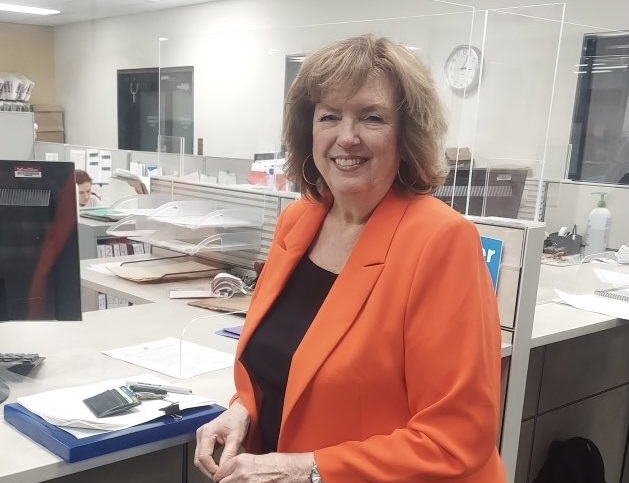The psychological toll of the Las Vegas shooting
Posted October 3, 2017 3:54 pm.
Last Updated October 3, 2017 8:24 pm.
This article is more than 5 years old.
After a shooting in Las Vegas left more than 59 people dead and over 500 injured, survivors will be grappling with the trauma of the tragic event. But with countless images and details emerging from that night, even those kilometres away may be feeling the impact of a seemingly random event that took so many lives.
CityNews spoke with University of Toronto psychology professor Steve Joordens about dealing with some of the emotions that may surface in the aftermath of the Las Vegas massacre.
Q: What will the survivors be going through in the short and long term?
A: Shock. They literally they have no frame of reference. Most of these people have never had any experience like this in their life. For a lot of their brains it may never be possible to wrap their heads around it. I suspect they are spending a lot of time feeling numb and trying to understand, “How do I make sense of his horrific situation?”
Q: What can they do to deal with some of that trauma?
A: Some of them are going to have a lot of trouble. There is the usual trying to talk — if that’s what works — trying to explore those feelings obviously through professional help.
A lot of therapeutic attempts use cognitive behaviour therapy, which is about becoming mindful about what’s happening in your mind and the effects it’s having. And then, hopefully after you become mindful, being able to shape that a little bit and regain some control over what’s going on in your mind. It’s a long process and one where people have to overcome what is a very automatic and natural tendency to keep thinking about those events
Q: What is the impact on those simply watching all the videos of the incident and hearing the horrific details?
A: When you’re watching, it’s a little different because usually you’re watching from a place of safety. What you’re feeling is vicarious empathy. You see the horror and you can imagine a little bit what it’s like. But it’s not the same as feeling your whole body the way it is and feeling like, “I might die now.” That feeling is a very powerful one for the brain.
When we watch externally we have a detachment. It’s horrible, we know how terrifying it would be, what it must be like to be there, but we also have a bit of a safety cushion. That could be a negative in the sense that if you see these things over and over again and don’t have that fear of your own life, you can become used to these things.
If you’re a first responder, you need to become used to these things, you need to be detached emotionally. But we’re not and we don’t have a job to do.
It used to be that if you heard, “We’re going to show you scenes of a car plowing through a crowd,” we would probably never want to see that. Now, we just watch these things.
One of the [dangers] is we do know people will come to overestimate the likelihood that something like this will happen. if you see something happening in Denmark, France, you begin to think these are extremely common events and it starts to impact how we live.
Q: How do you stop those kinds of anxieties around becoming a victim from impacting your daily life?
A: One of the nerdy “Spock” ways is you look into, “What’s the likelihood?” And in fact the likelihood, even if you take in the period of more extremist behaviours in the last five years, what was the likelihood if someone got on an airplane or went to a concert or whatever, that something actually happened? And you’ll find that it’s infinitesimally small. That can be your rational brain saying, “I really have nothing to worry about.”
Q: Is it harder for people to deal emotionally with situations like this because we don’t really understand why it happened?
A: We certainly know the brain always wants things to make sense and we know when things make sense, things like memory work a lot better. When we don’t have that, when there is this piece missing, we strive for it. It’s like we need things to make sense and it’s a very uncomfortable feeling to leave it without any closure.
The hope is that it makes us focus on the other side. There are a lot of great things in life to treasure and if we’re fearful all the time we’re going to miss out on a lot of that stuff.










